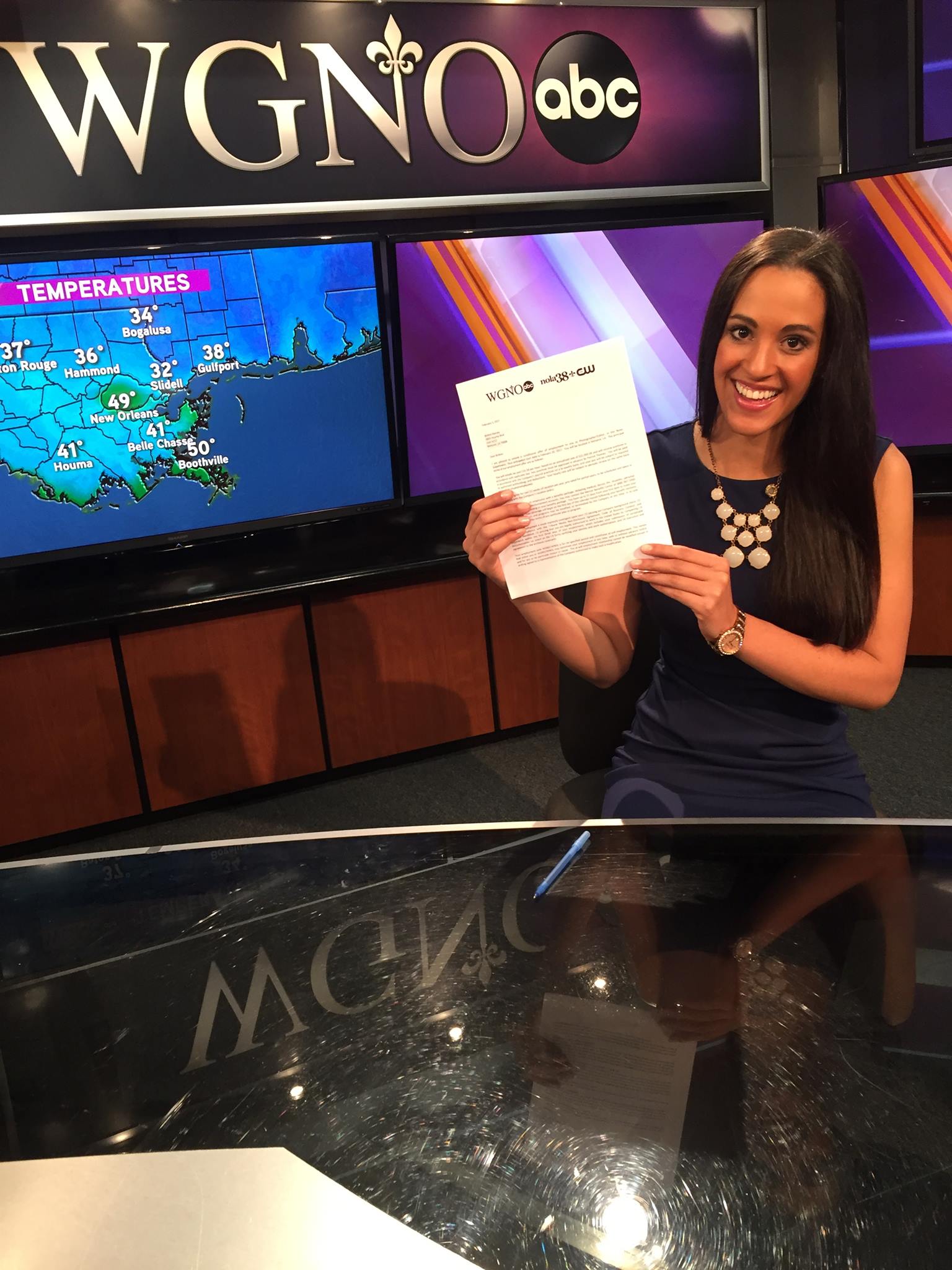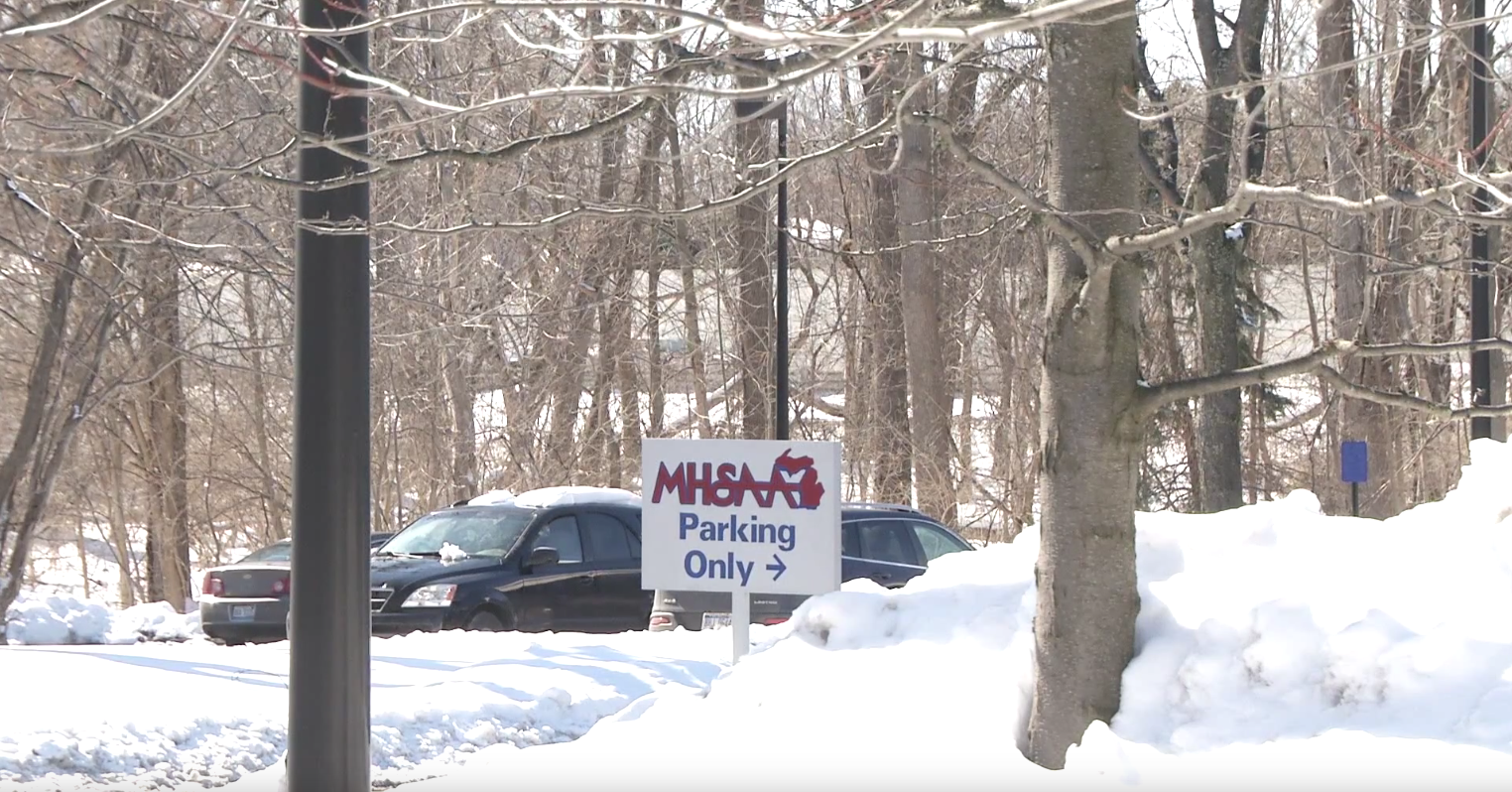MHSAA Promotes Multi-Sport Participation
- Published: 2/25/2016
- Comments
LANSING - “I think that it's just it's not a good move, I think that it really puts a kid in a box and I think that it only teaches them that this is what you're going to do and I think that ultimately it leads to them no longer enjoying that sport. I think that if you allow kids to play in multiple sports and a chance to experience different things it’s going to keep them with an open mind and it’s going to keep them more interested in physical activity,” says Former Collegiate Athlete, Victoria Lipscomb.
The MHSAA formed a special task force to help spread the word about the benefits of multi-sport participation at all ages. “Something like specialization and the benefits of multi-sport participation probably doesn't come immediately to mind but if you are in the athletic world like we are you realize it's a pretty important thing," says Geoff Kimmerly, the MHSAA Media and Content Coordinator.
Sport specialization has generated a lot of controversy over the years on the benefits of both specializing in one sport and participating in multiple sports.“Well the obvious benefit of sport specialization is that they are going to be able to practice and move closer and closer to sport mastery, that’s probably the biggest and the first one that comes to mind. For non-sport specialization, the benefits for me outweigh the benefits for sport specialization depending on what the age is, so if we’re talking young people 12, 13, 14-years-old and below I would say I’m against specialization because I think when you get specialize you get an increase in injuries and there’s some studies that show that. For non-specialization you can gain coordination, you can gain balance, you can gain general sport skills and by practicing all of these different sports you get to meet a lot of people, social interaction, there’s a whole host of benefits with generalized sport participation," says Tim Wakeham, the Olympic Sports director of strength and conditioning.
The MHSAA sent out a press release to find members interested in forming the task force. “It was interesting because a lot of times we have ideas of things we want to do moving forward and of course we tell our community about these things and this one we really received a lot of feedback on, the most since i’ve been here in my five years from just a simple press release that we sent out saying that people wanted to be involved. It was just interesting that that many people were interested in being a part of this because that's how strongly they feel about it. We looked at a lot of administrators and coaches from all over the state who have experience influencing their students to play multiple sports who feel very strongly about this and who had great ideas and tend to be people who would be interested in something like this and have a lot of potential feedback. We ended up with people with great experience and really hitting all ranges of this entire spectrum," says Kimmerly.
The task force will work to shed light on common myths believed to be associated with sport specialization. “We started a task force to look at multi-sport participation, specifically to look at ways to motivate students to play more than one sport there has been quite a trend over the last decade if not more towards specialization in athletics, especially at the younger levels and there are a lot of negatives that go along with that,” says Kimmerly.
A big negative for sport specialization is overuse injuries. “There is some research to show that there is a big spike, 70-80 percent of injuries are from sport specialized kids," says Wakeham.
There are certainly studies out there that say from an injury prevention point of view that playing different sports helps to develop different ranges of motion. "It's something that we look at as a very big health risk to be honest with you because we’ve heard the stories of these injuries that happen from overdoing it in one sport we’ve seen with our eyes and heard the stories about athletes who are just burned out before they even get to high school in a lot of cases because they focus on one sport only for so long,” says Kimmerly.
Parents are often a big part of the decision making process. Margaret says her son Ian needed some diversity when it came to playing high school sports. Margaret Selasky, mother of two high school athletes says, “It was always open if he (son Ian) wanted to try out what he could do, there was some points where he was becoming a little too serious whether it be soccer or golf, those were the two, he would get serious on them to the point where as parents we were like, you might want to take a break, you might want to go hangout with your friends today and so that’s why we encouraged other sports.”
The MHSAA task force will take both groups into consideration when educating on the benefits of multi-sport participation. “Parents are definitely one audience that we will be speaking quite a bit about this to help them understand that we’re trying to help their kids and at the same time this is something that is going to help them potentially at the next level,” says Kimmerly.
The next level being a college scholarship. Which most athletes misconceive that they will have a better chance at earning one if they specialize in only one sport. “I had an opportunity to play basketball or run track in college at the division one level so if I would have specialized in one sport at a younger age I don't think that it would have had anymore of an impact on me," says Lipscomb.
Both parents and athletes are constantly told that they need to start focusing on only one sport and the age keeps getting earlier and earlier. ‘’There are a lot of people out there that believe that playing only one sport is a better way to get a college scholarship or focusing on one sport as a better way to earn a varsity position even at the high school level and really when you talk to college coaches, when you look at the data and things like that, these coaches at the college level are looking for well rounded athletes who can show a variety of skills over a variety of sports and when you look at the high school level and even being a successful athlete at that level so much is gained from playing multiple sports whether it be from a fitness perspective, whether it be from a leadership perspective or learning just how to be different roles on different teams. They look at a college scholarship which really is not as easily attained as it’s made out to be only about 2 percent of high school athletes on to earn any kind of college scholarship," says Kimmerly.
The task force has not been able to have their first meeting yet due to the winter weather conditions since most of the members will be driving from all over Michigan to meet in Lansing. “A lot of it initially going to be some sort of campaign just to get out there really the benefits of being a multi-sport athlete dispelling some of the myths that go along with playing only one sport. We are excited to meet and find out what people will come up with,” says Kimmerly.
Overall, before making the decision to specialize in only one sport both parents and athletes should evaluate what their final goal is, the benefits of specialization in their case and know that no matter how old you are it's not too late to get involved in more than one sport. “Kids today should really be encouraged to play as many sports as possible because it allows you to get experience in different things, it allows you to really have a choice, I think that when you specialize at a young age it really takes away from what sport is supposed to be about and that's having fun and being involved with other kids and having an opportunity to just have a feel for different sports and different games are like,” says Lipscomb.


 Spanish
Spanish Chinese (Simplified)
Chinese (Simplified) Korean
Korean French
French German
German Hindi
Hindi Urdu
Urdu Japenese
Japenese Arabic
Arabic Russian
Russian Farsi
Farsi
